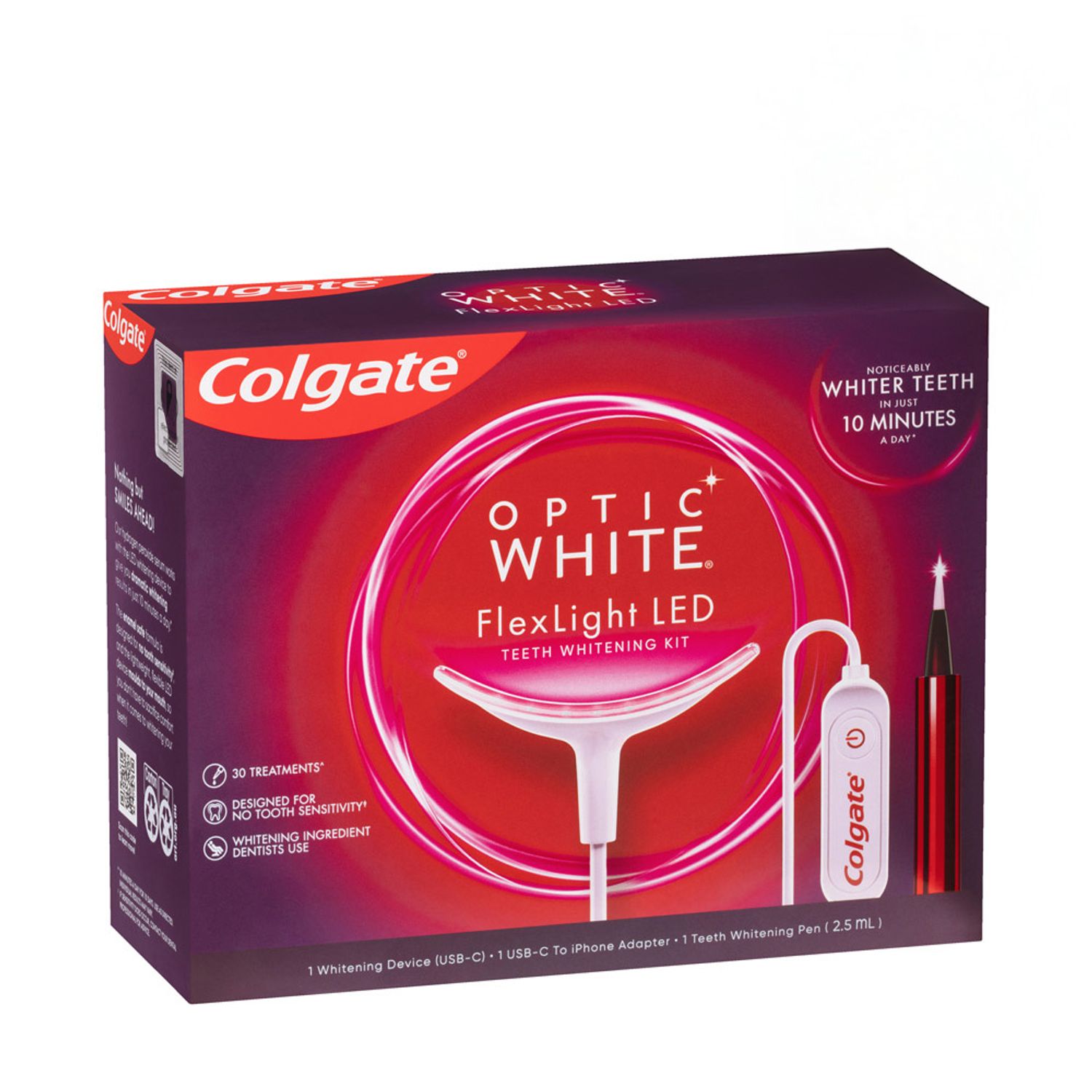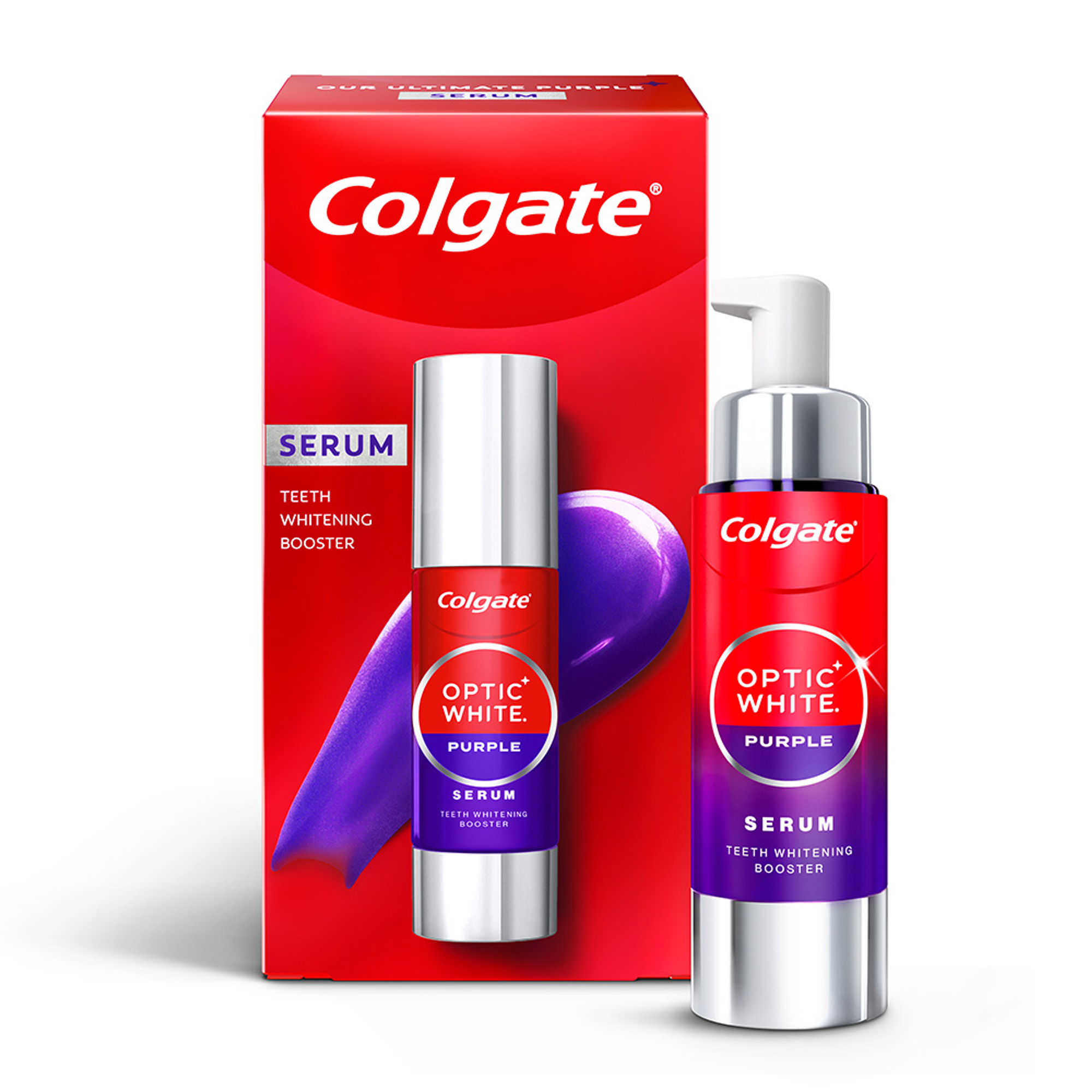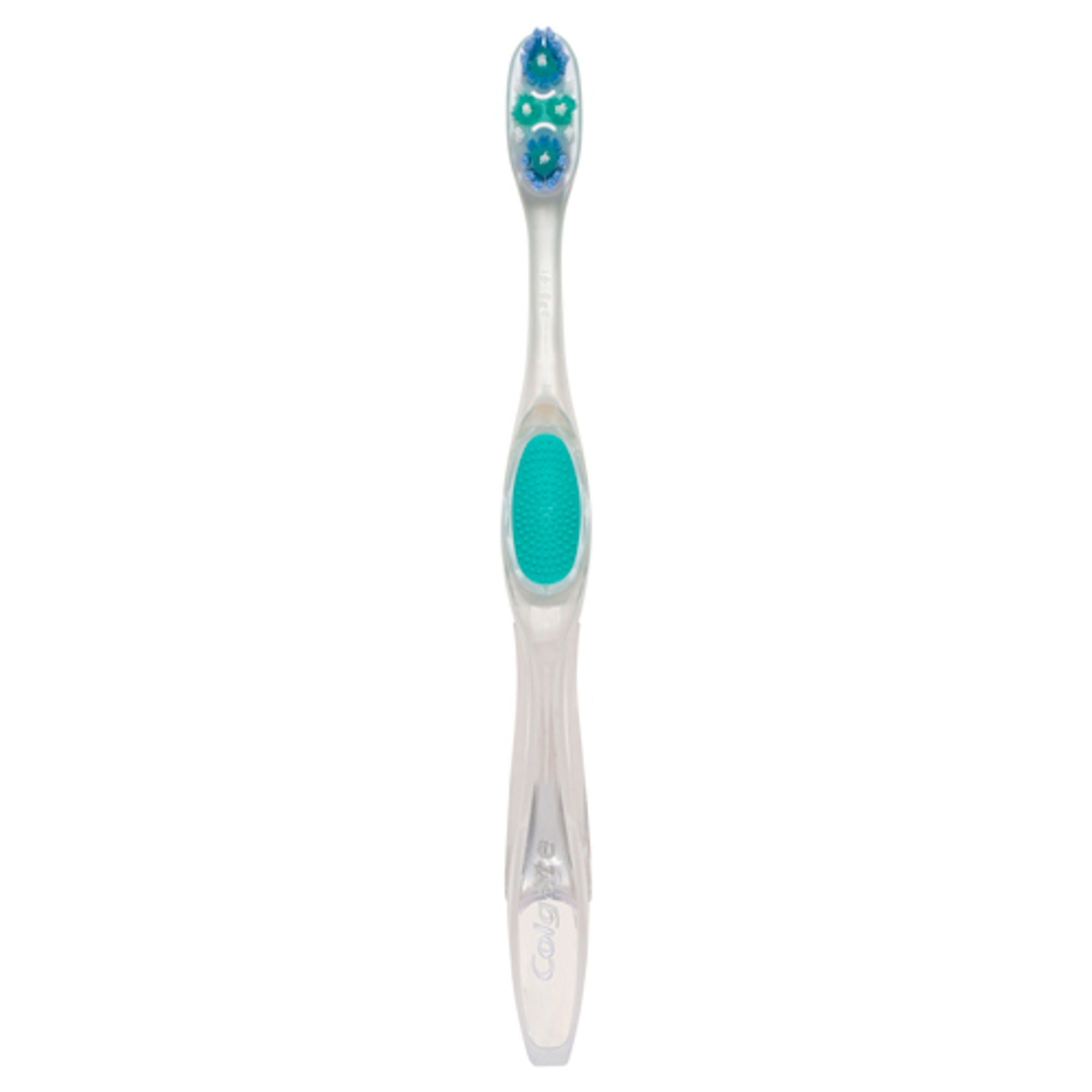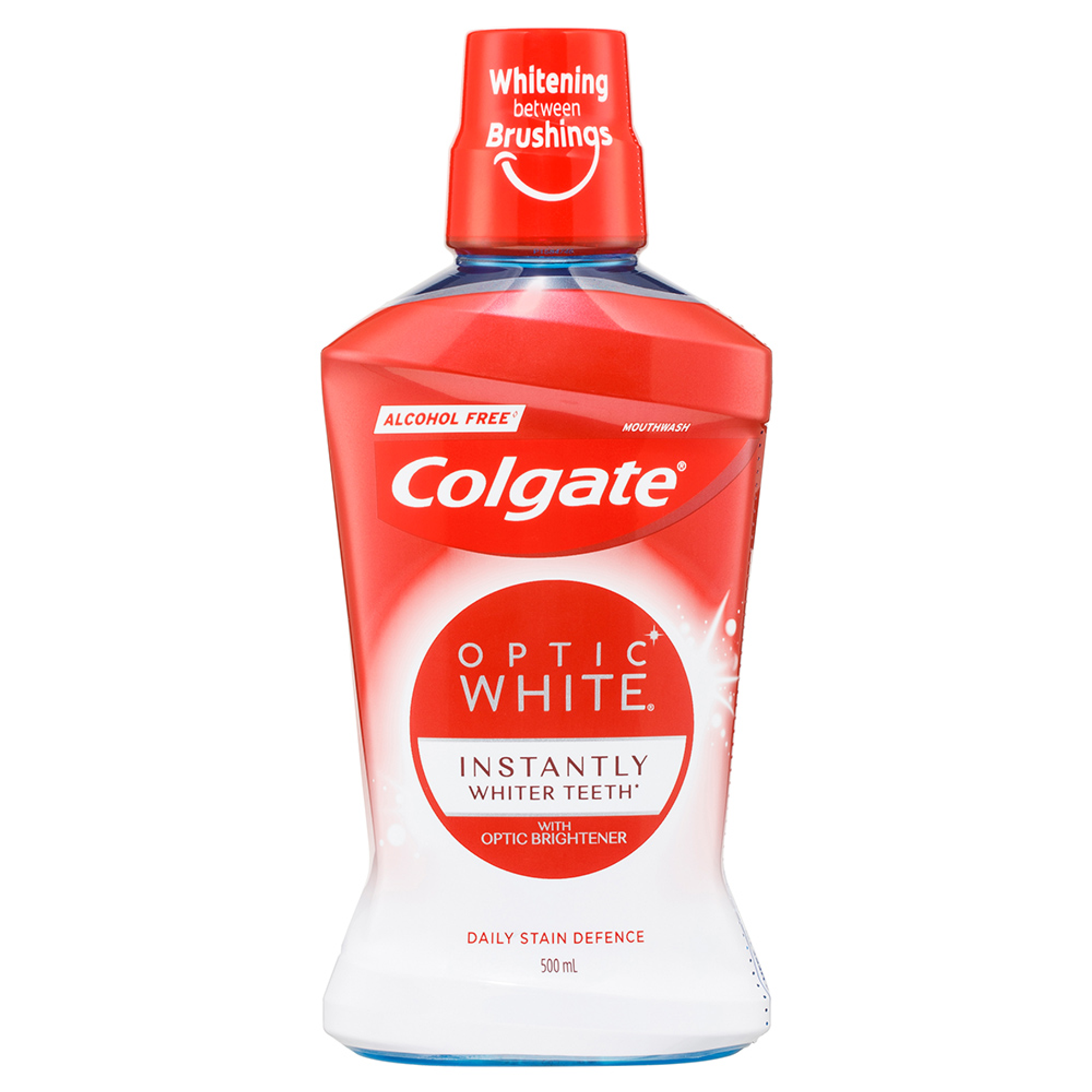-
-

BRUSHING & FLOSSING
How to BrushWhat Is the Right Way to Brush?
Proper brushing takes at least two minutes — that's right, 120 seconds!...

BRUSHING & FLOSSING
How To FlossWhat is the Right Way to Floss?
Proper flossing removes plaque and food particles in places where a toothbrush cannot easily reach... -
Science & Innovation
- Home
- Oral Health
- is Hydrogen peroxide safe for teeth


When it comes to achieving a bright and dazzling smile, many individuals turn to teeth whitening methods to enhance their pearly whites. One popular option is Hydrogen Peroxide, which has gained attention for its teeth whitening properties. However, the question remains: is Hydrogen Peroxide safe for teeth?
Hydrogen Peroxide is generally considered safe for teeth whitening when used in the correct concentration for teeth whitening treatment under the supervision of a dental professional for concentrations over 6%.
How Does Hydrogen Peroxide Whiten Teeth?
Hydrogen Peroxide is an oxidising agent, which means that it works by breaking down chemical compounds into smaller, less pigmented molecules. When it comes to teeth whitening, Hydrogen Peroxide breaks down colour compounds in the teeth. These large pigmented molecules are the culprits behind yellow or stained teeth. By breaking down these molecules, Hydrogen Peroxide effectively lightens the colour of the teeth and makes them whiter.
The Benefits of Hydrogen Peroxide for Teeth Whitening
Hydrogen Peroxide functions as a bleaching agent, whitening below the enamel's surface and making teeth appear whiter and brighter.
Its oxidising properties remove discolouration and restore the teeth's natural whiteness. According to studies, Hydrogen Peroxide is established as an effective ingredient for attaining whiter teeth.
How to Safely Use Hydrogen Peroxide for Teeth Whitening
To safely use Hydrogen Peroxide for teeth whitening, follow these guidelines:
Choose the right concentration: A low concentration of Hydrogen Peroxide (around 3% to 6%) is safe to use for teeth whitening usually without any side effects. Hydrogen Peroxide can produce certain side effects like gum or tooth sensitivity if used often in high concentration.
Follow the instructions: Read and follow the instructions on usage provided on the packaging before using the teeth whitening product. Consult your dental professional if you experience any side effects.
Consult your dental professional: It is advisable to consult a dental professional before using Hydrogen Peroxide for teeth whitening especially if you have pre-existing dental or medical conditions. Dental professionals can check your overall oral health and provide appropriate suggestions.
Final thoughts
Summing up, Hydrogen Peroxide is a key ingredient found in teeth whitening treatment. Correct use can effectively remove stains from teeth, producing perceptible results. The oxidising properties remove discoloured molecules from the tooth enamel, resulting in a whiter smile. Before beginning any teeth-whitening regimen, it is better to consult with a dental professional to check your oral health. Overall, Hydrogen Peroxide is a safe and effective teeth-whitening agent.
Frequently Asked Questions
How long does it take for Hydrogen Peroxide to whiten teeth?
The length of time taken to whiten teeth with Hydrogen Peroxide will depend on the concentration of the peroxide and the desired result. It can vary from 1 hour in the dental chair with a high concentration to brushing twice a day for 2 weeks with a low concentration.
What are the potential side effects of Hydrogen Peroxide
While Hydrogen Peroxide can be effective for teeth whitening, there is a chance of certain side effects like tooth sensitivity or gum irritation. These side effects are typically mild and temporary, subsiding after a few days. Consult a dental professional if you are concerned.
Related Articles

LED teeth whitening is a new and impressive way to achieve brighter teeth. It uses LED lights to activate the whitening solution, resulting in whiter teeth in a shorter amount of time.

If you've considered whitening your teeth, you may already know the professional teeth whitening cost can be higher than at-home alternatives. Learn more here.

Just because you have braces doesn't mean that you can't improve the quality of your smile.
This article is intended to promote understanding of and knowledge about general oral health topics. It is not intended to be a substitute for professional advice, diagnosis or treatment. Always seek the advice of your dentist or other qualified healthcare provider with any questions you may have regarding a medical condition or treatment.
Related Products

Helping dental professionals
More professionals across the world trust Colgate. Find resources, products, and information to give your patients a healthier future








